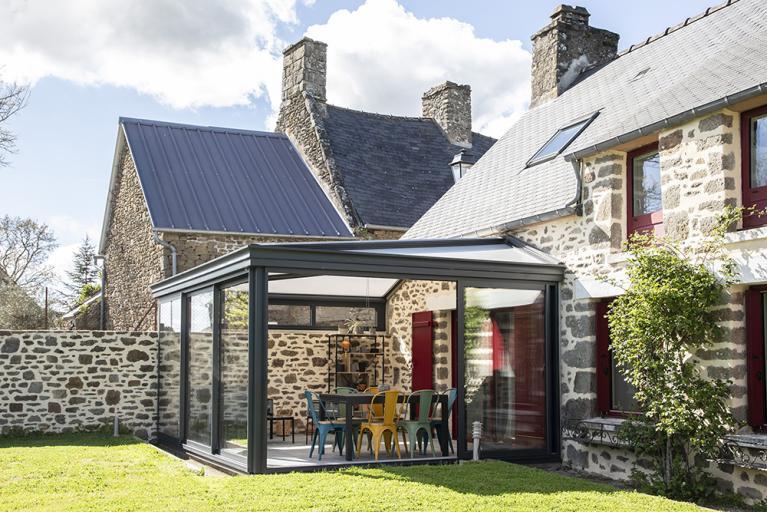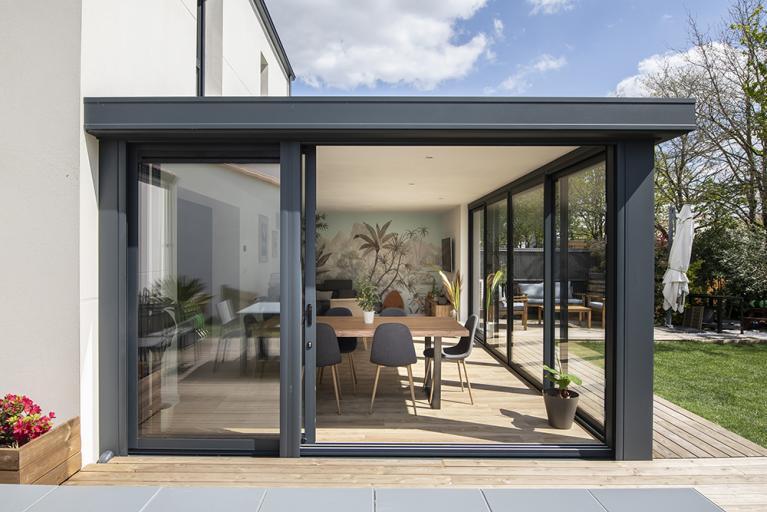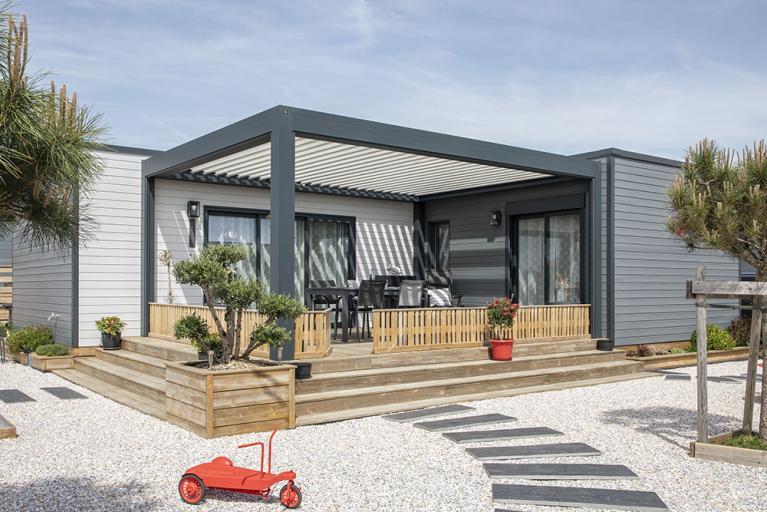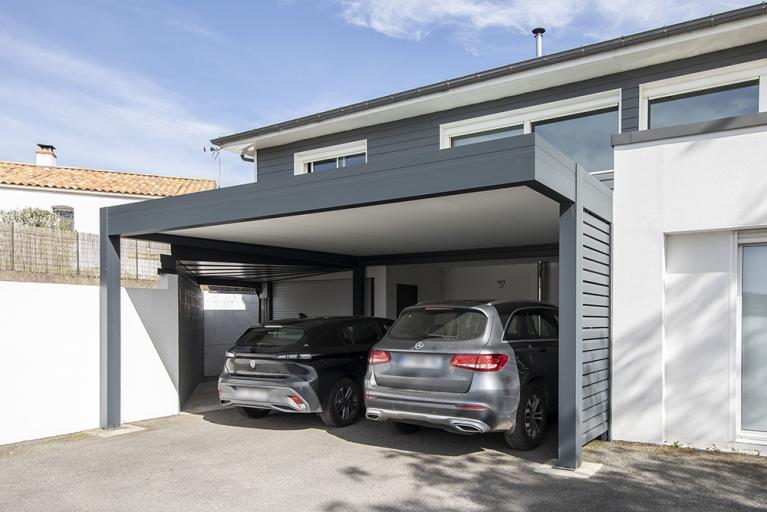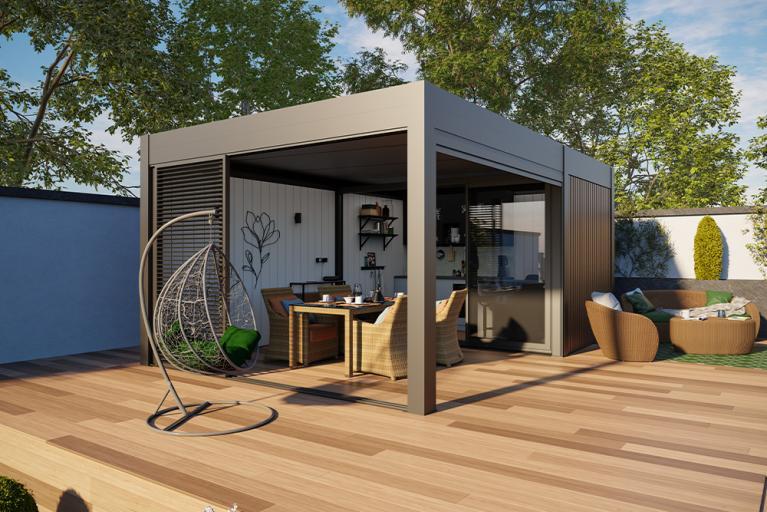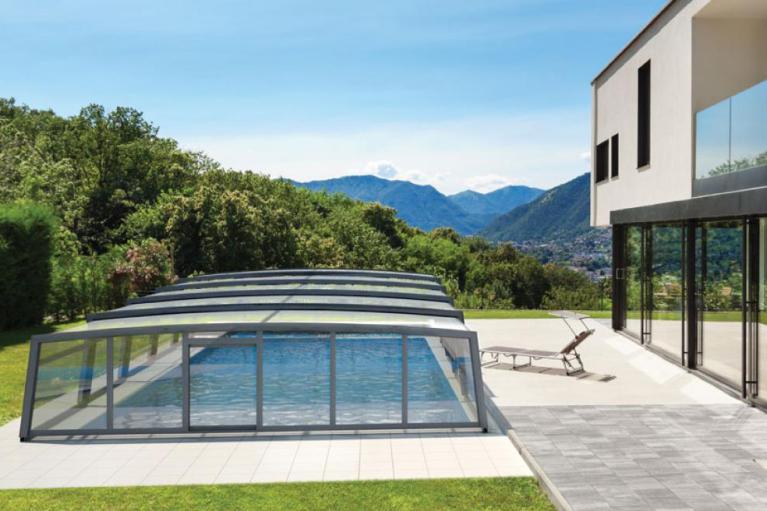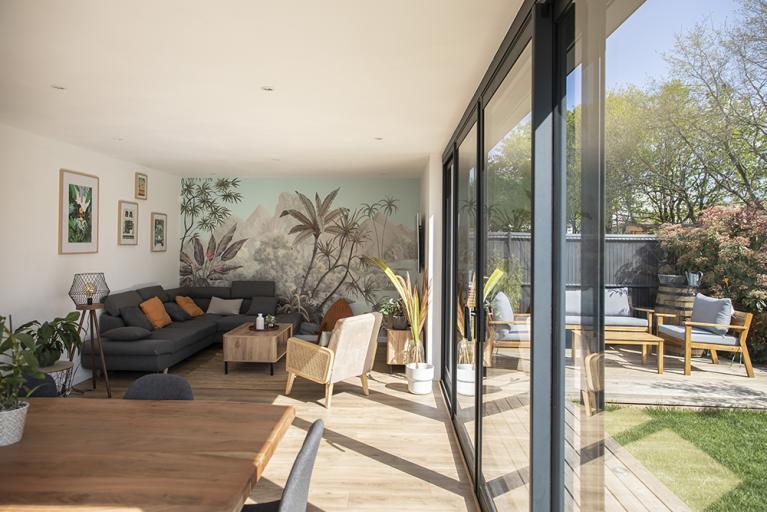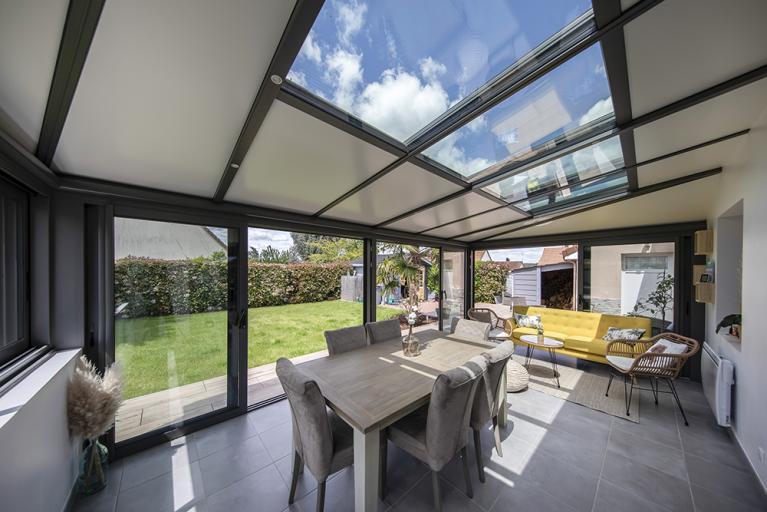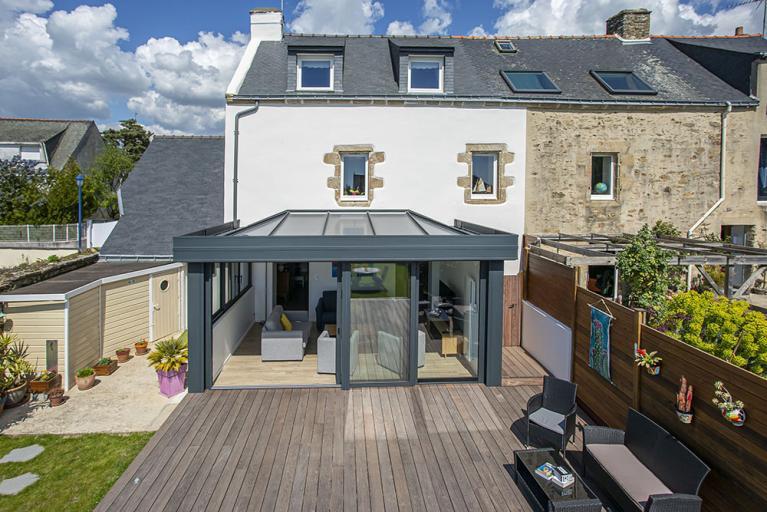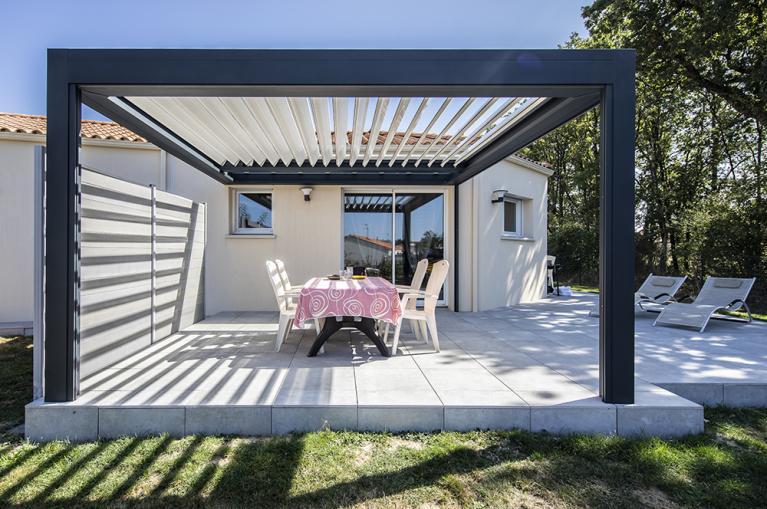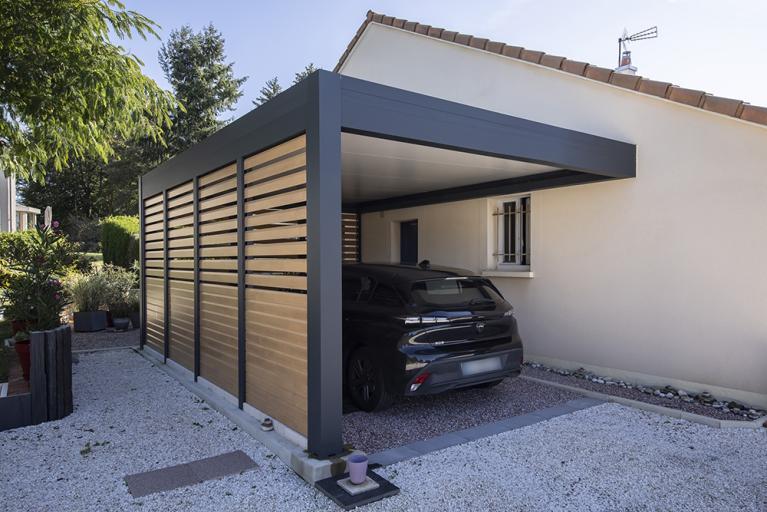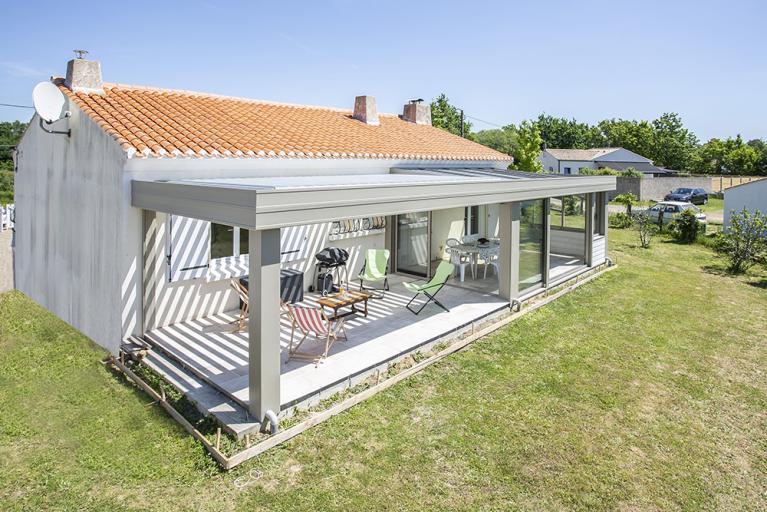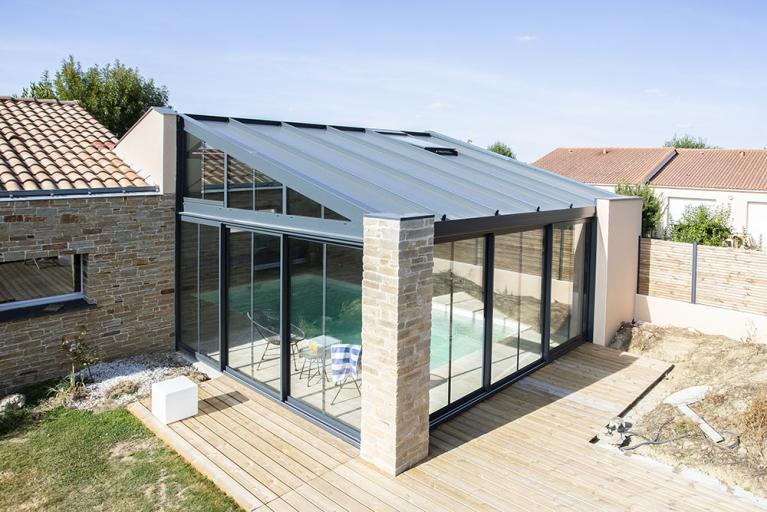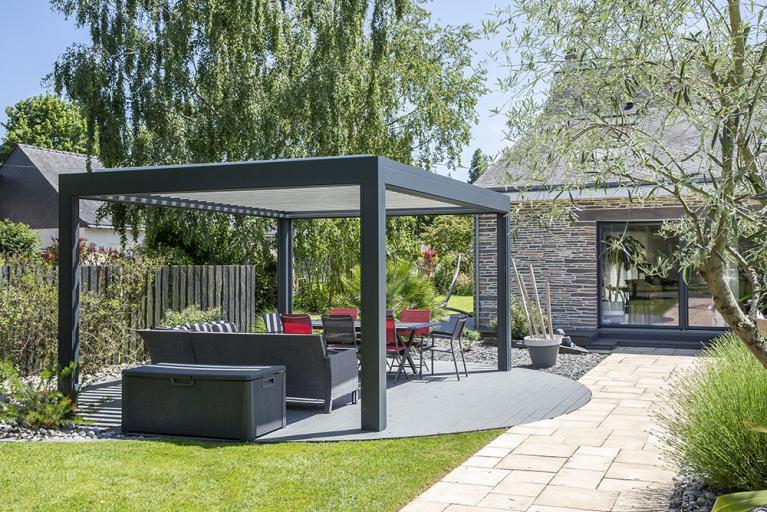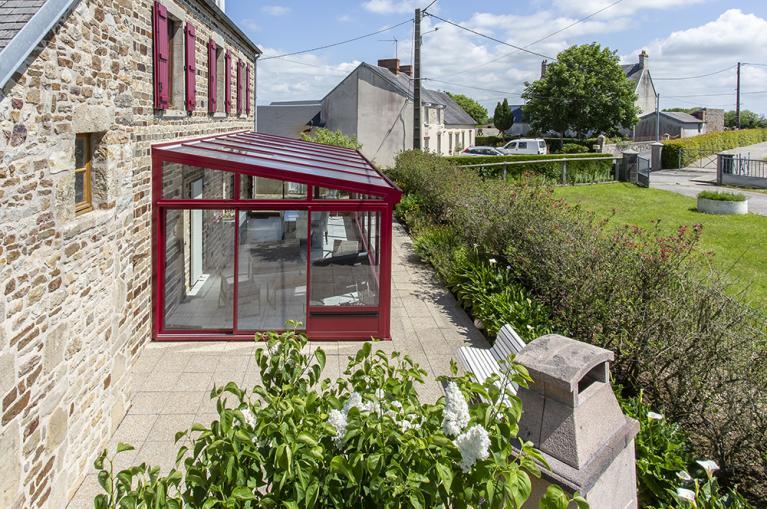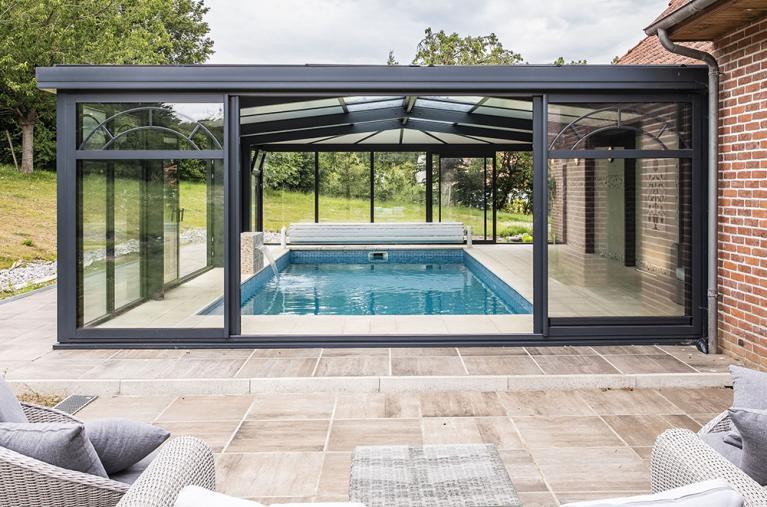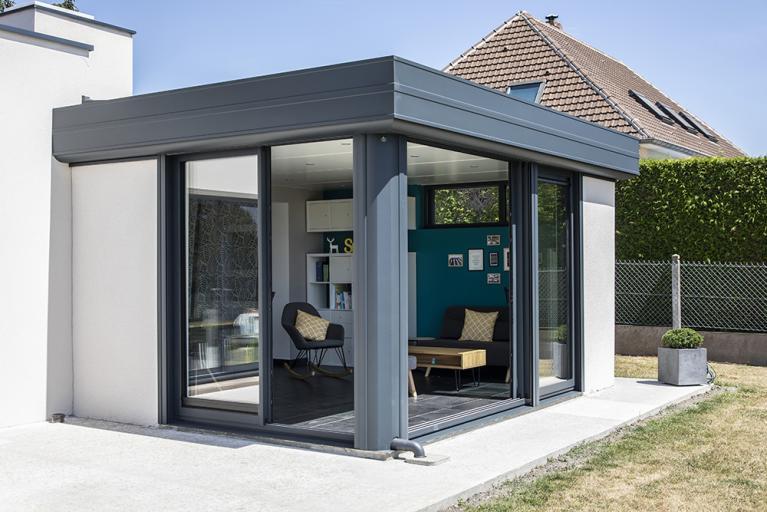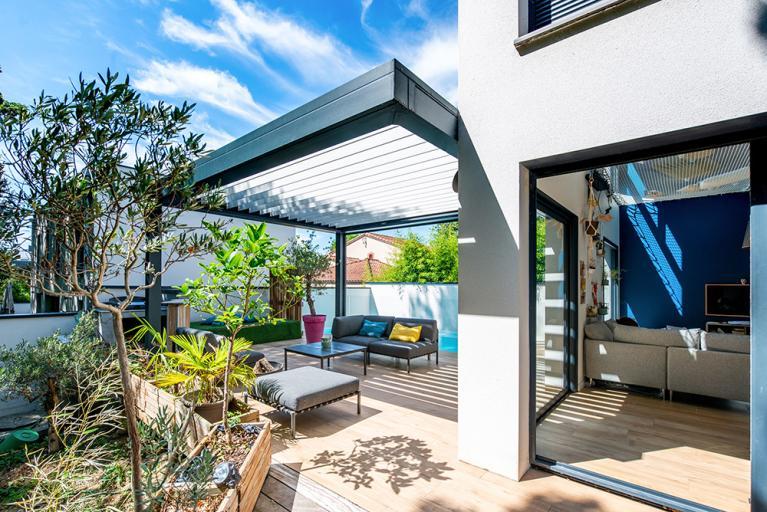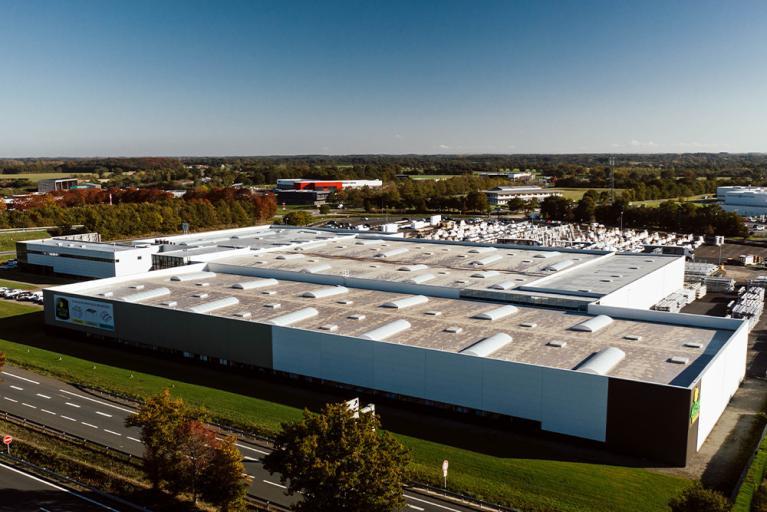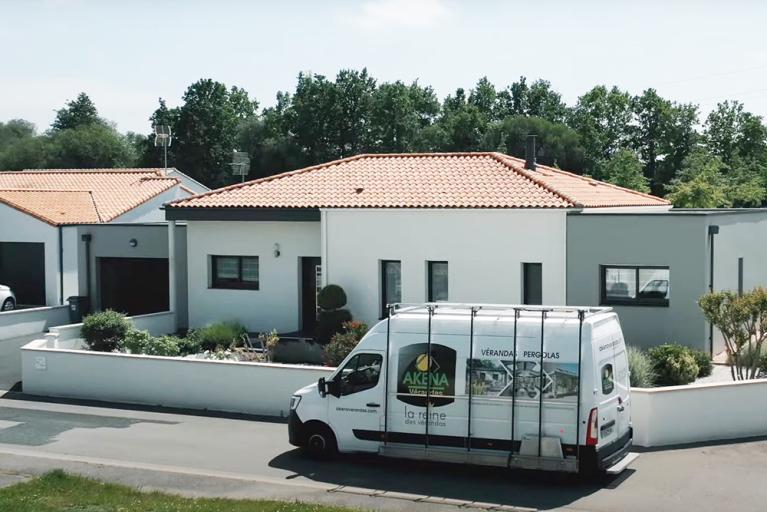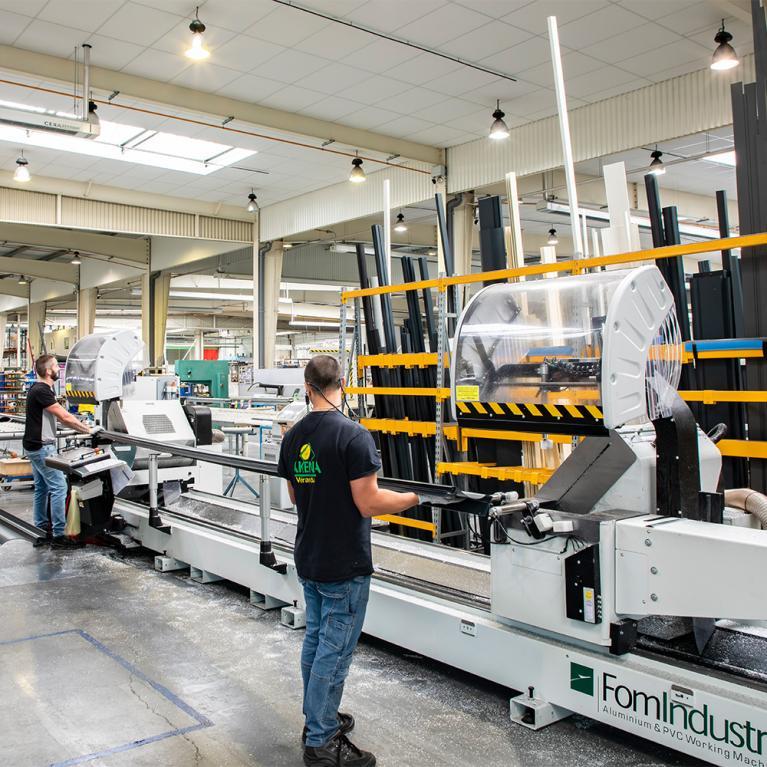Aluminium, a material of excellence
Thanks to its remarkable strength-to-weight ratio and exceptional resistance to corrosion, aluminium offers extraordinary durability and requires very little maintenance. These characteristics make aluminium the ideal material for conservatories, pergolas, carports and pool houses. What's more, it's 100% recyclable, making it one of the most environmentally-friendly materials available.
Aluminium: a solid, insulating material
Thanks to its high resistance to corrosion, aluminium is a material that guarantees the durability of your project. What's more, aluminium is powder-coated to ensure excellent resistance to UV rays over time and to preserve its shine. It's therefore important to check the manufacturer's lacquering labels and certifications, as this determines the quality of the finish and ensures the long-term durability of your project. At AKENA, we have numerous certificates and labels that attest to the exceptional quality of our aluminium.
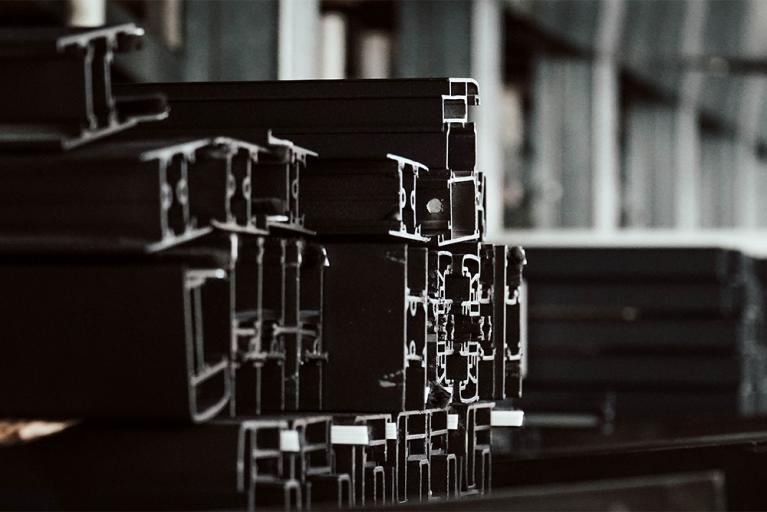
Our quality labels
Composition and lacquering of our aluminium profiles
All our products are made from aluminium alloy 6060 T6 (aluminium, magnesium, silicon), a trio that is ideal for the metal joinery industry because of its strength, malleability and heat treatment. The profiles are powder-coated, i.e. cleaned, then coated with a layer of lacquer (120 microns thick) and baked at a temperature of 190°C; a process designed to protect the aluminium in your project.
Discover our aluminium projects
Also see
